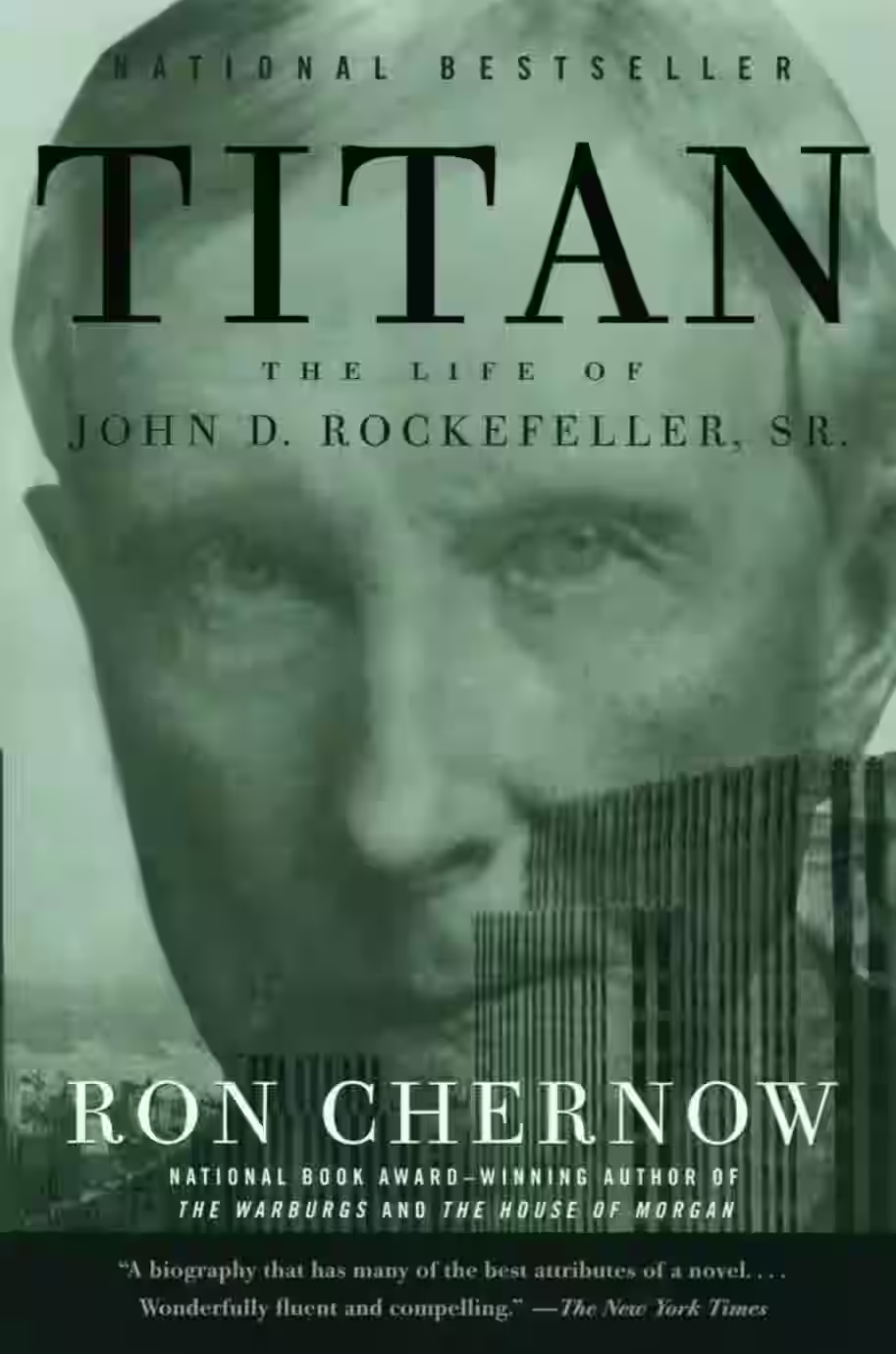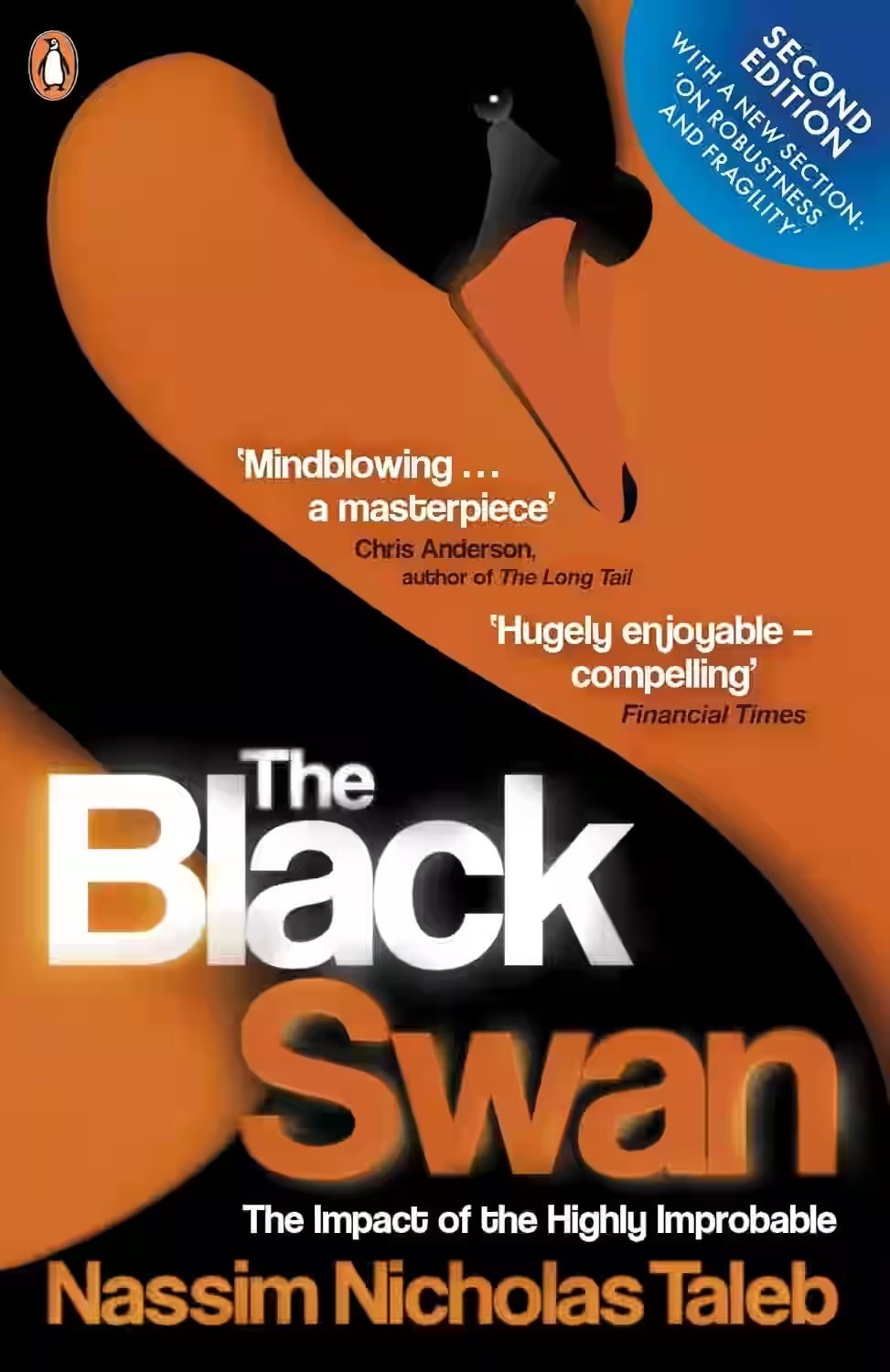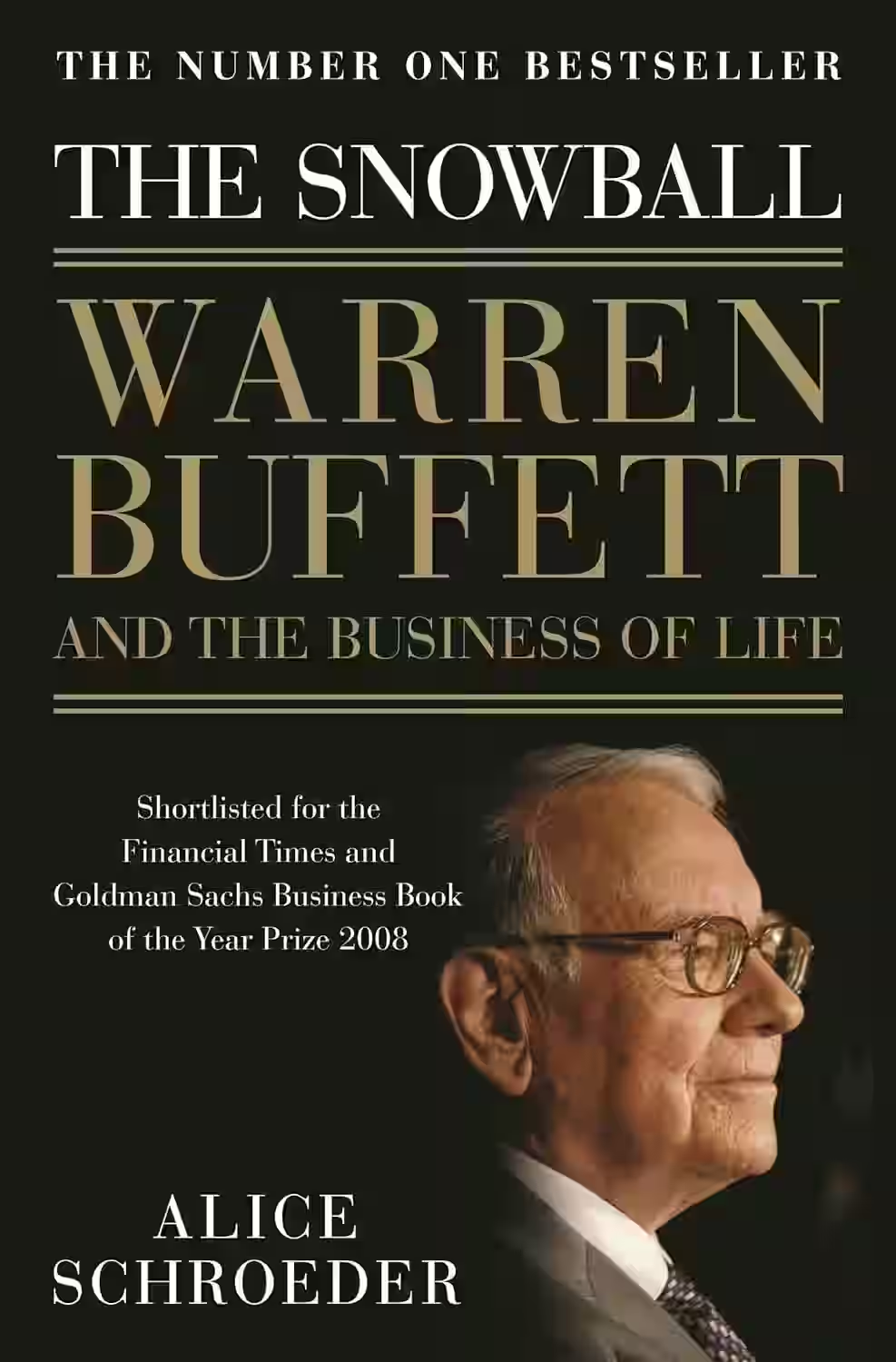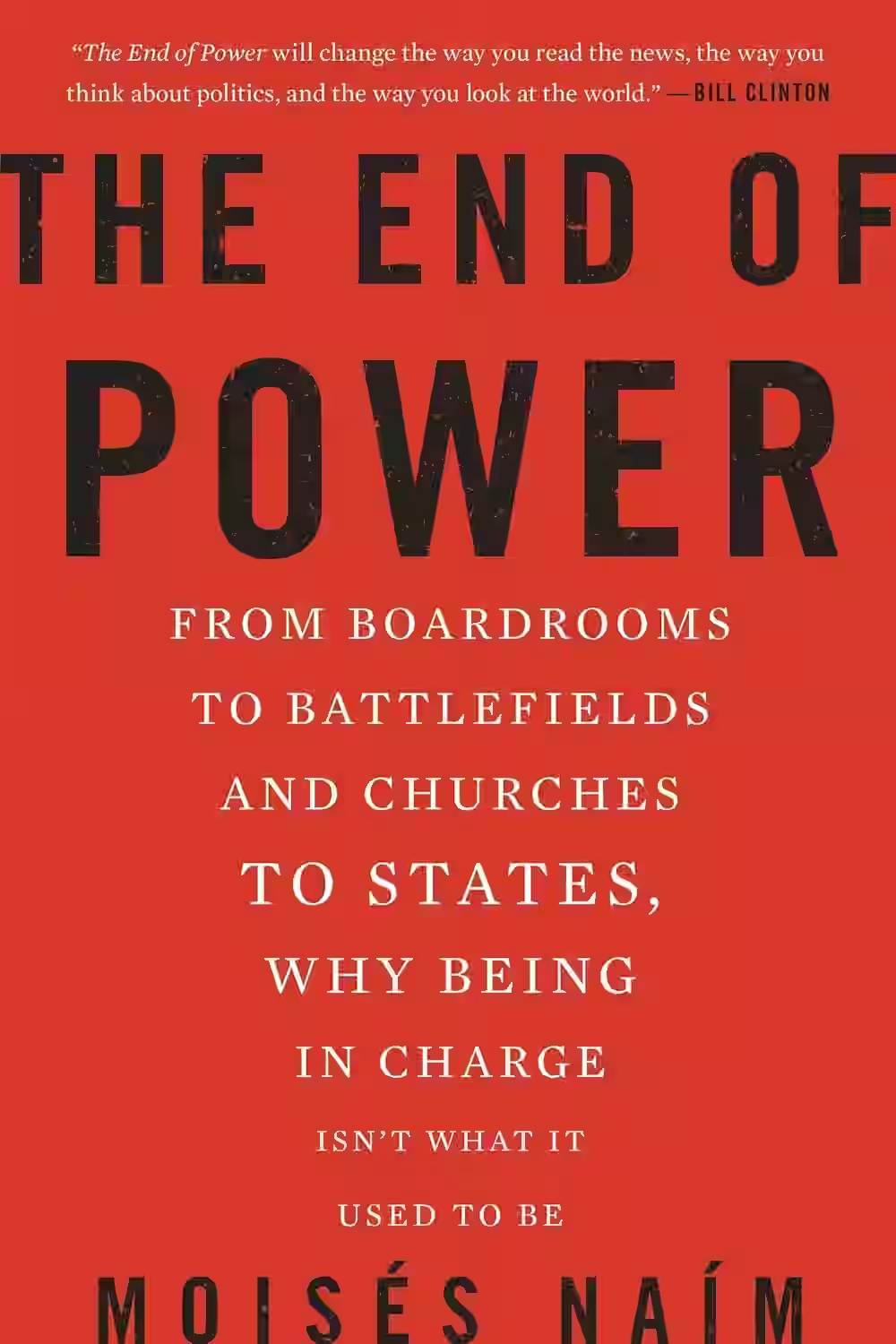
In 'Titan: The Life of John D. Rockefeller, Sr.,' Ron Chernow delves into the compelling and controversial life of one of America's most influential figures. Through meticulous research and captivating storytelling, Chernow explores Rockefeller's rise to power in the oil industry, his ruthless business tactics, and his complex personal life. The book sheds light on the industrialization of America, the impact of monopolies, and the ethical dilemmas faced by a titan of industry. Chernow's narrative skillfully navigates through Rockefeller's triumphs and controversies, offering a nuanced portrait of a man both revered and reviled in equal measure.
About Ron Chernow
Ron Chernow is an esteemed American biographer known for his captivating and meticulously researched works focusing on historical figures. Born in 1949 in Brooklyn, New York, Chernow graduated from Yale University before establishing himself as a prominent writer. He gained widespread recognition for his biographies, including the Pulitzer Prize-winning 'Washington: A Life' and the biography of Alexander Hamilton which inspired Lin-Manuel Miranda's hit musical 'Hamilton'. Chernow's ability to breathe life into his subjects and provide rich historical context has made him a revered figure in literary circles, encouraging a renewed interest in American history and biography.
Similar Books

The Black Swan
Series: Incerto (#2)
The Black Swan explores the profound impact of rare, unpredictable events—what Taleb calls “Black Swans”—that lie outside normal expectations but have massive consequences. The book challenges traditional forecasting and risk models, arguing that humans consistently underestimate uncertainty. Taleb illustrates how randomness and surprise shape history, from financial markets to scientific breakthroughs, and advocates for antifragility—systems that benefit from disorder. Combining philosophy, probability theory, and anecdotal insight, The Black Swan is a provocative critique of modern thinking and a call to embrace humility in the face of complexity. It’s a transformative read for anyone making decisions in uncertain environments.

Sam Walton: Made in America
In Made in America, Walmart founder Sam Walton shares the story of building the world’s largest retail empire from a single store in Arkansas. Written in Walton’s own words, the memoir reveals his relentless work ethic, frugality, and obsession with customer satisfaction. He reflects on the principles that drove Walmart’s success, including employee empowerment, aggressive expansion, and constant innovation. Candid and down-to-earth, the book also touches on mistakes and challenges. Beyond a business biography, Made in America is an inspiring account of entrepreneurial vision, small-town values, and the competitive drive that revolutionized American retail.

The Snowball: Warren Buffett and the Business of Life
In 'The Snowball: Warren Buffett and the Business of Life,' Alice Schroeder delves into the life of one of the most successful investors of all time, Warren Buffett. The book provides readers with a comprehensive look at Buffett's personal and professional journey, exploring his investment strategies, business decisions, and the principles that have guided his success. By chronicling Buffett's life from his early days to his rise as a billionaire, Schroeder offers valuable insights into the mindset of this legendary figure and the lessons that can be learned from his experiences. 'The Snowball' is a compelling biography that sheds light on the man behind the wealth.

The End of Power
by Moisés Naím
Naím explores a global shift in how power is acquired, wielded, and lost. He argues that power is becoming more widespread but harder to maintain, as traditional institutions lose influence to smaller players and individuals. Through examples in politics, business, military, and religion, Naím shows how the erosion of hierarchy and the democratization of influence are reshaping society. This book challenges assumptions about leadership and authority in the 21st century. As the inaugural selection for Mark Zuckerberg’s book club, The End of Power offers a thought-provoking look at the fragmentation and volatility of modern power structures.